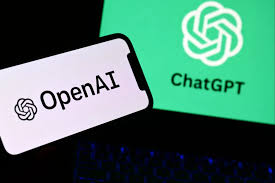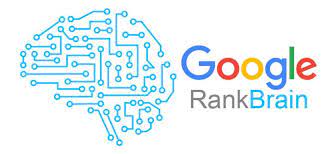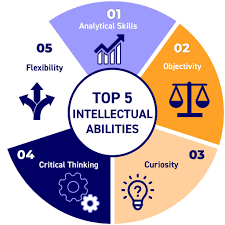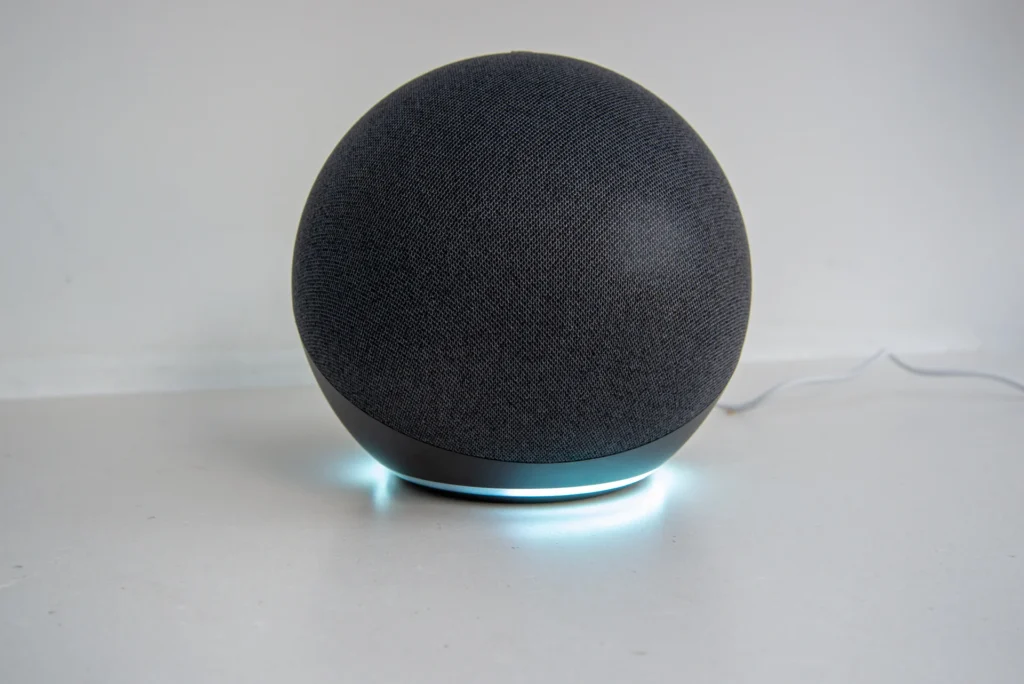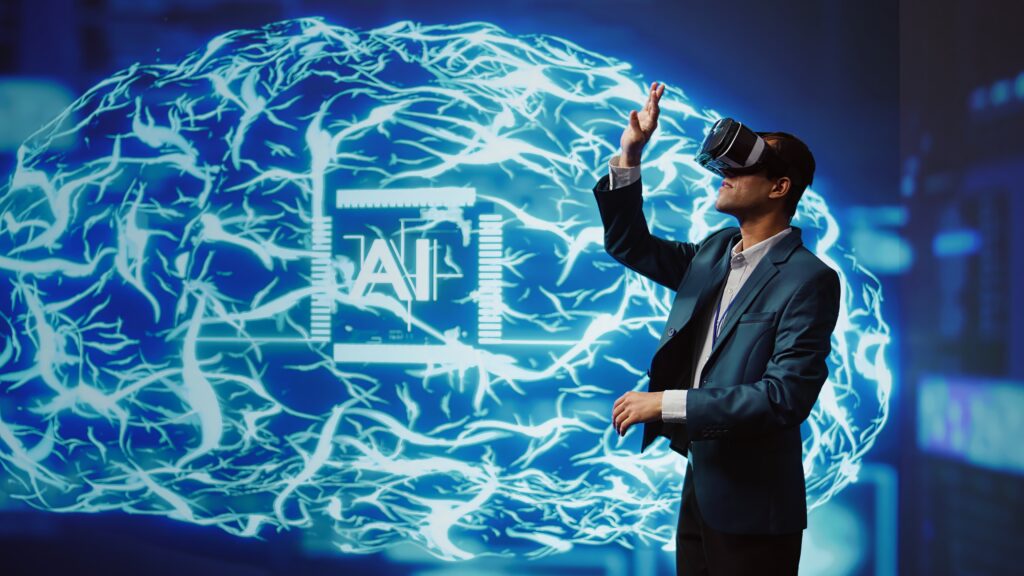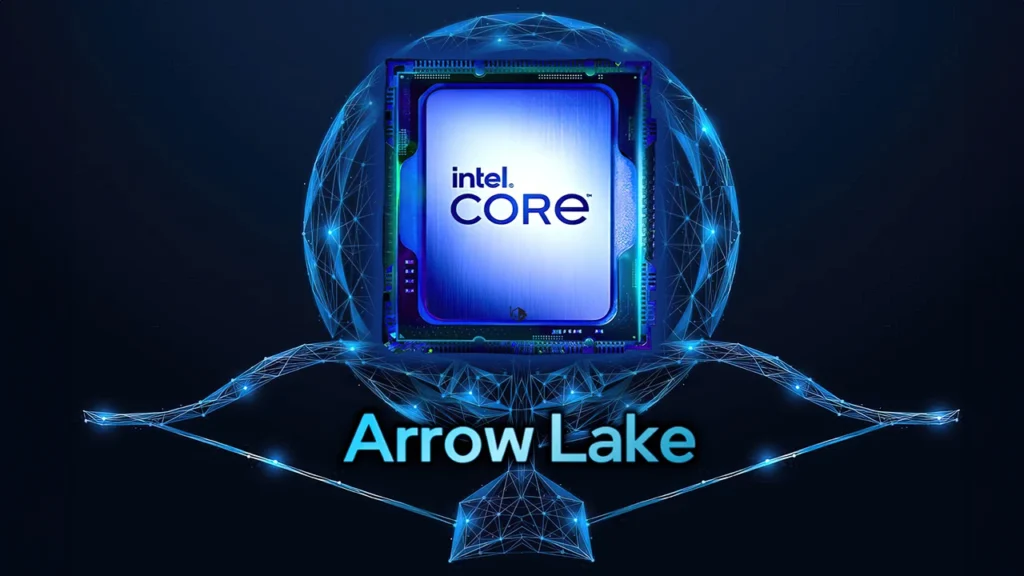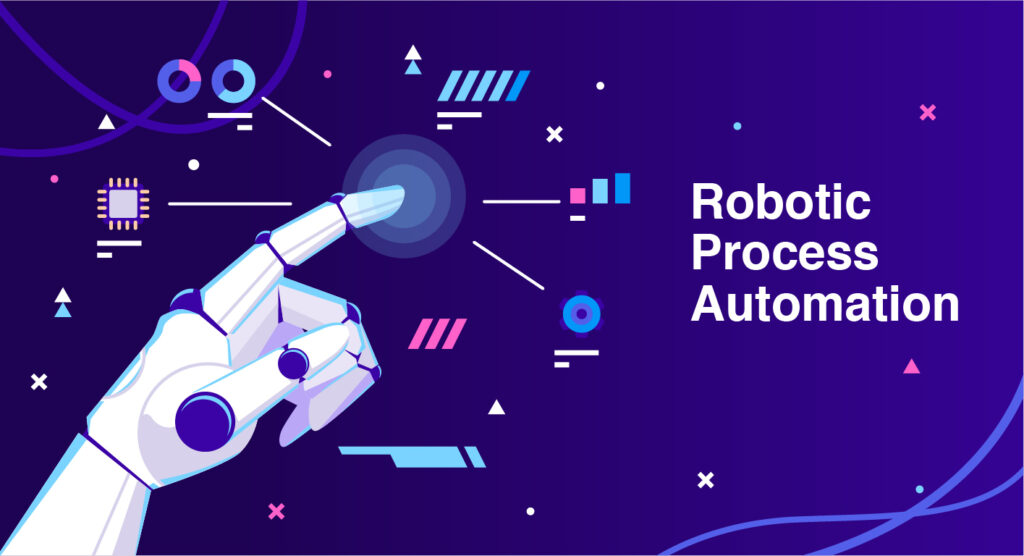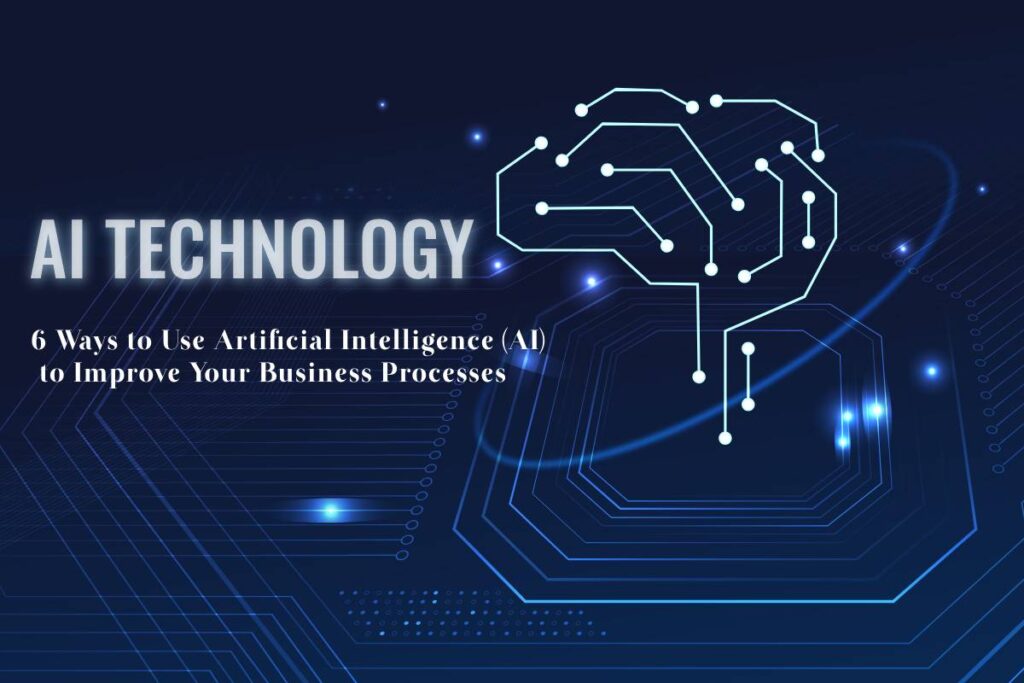Google Partners with Startup to Build Small Nuclear Reactors for AI Power
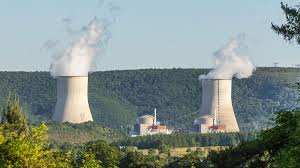
Google Nuclear Reactors Are the Future of AI Power
The tech industry, particularly AI development, has been grappling with massive energy consumption. AI models require extensive computational power, which in turn demands significant electricity. Traditional energy sources are proving inadequate or unsustainable for long-term needs. Enter Google nuclear reactors, which aim to revolutionize how AI systems are powered.
Nuclear energy offers a reliable, clean, and efficient alternative to fossil fuels. With a consistent energy output, these small reactors are poised to address both the scalability of AI and environmental concerns.
Small Nuclear Reactors
Small nuclear reactors, often referred to as SMRs (Small Modular Reactors), are compact nuclear power plants designed for flexibility and efficiency. Unlike conventional nuclear plants, SMRs are designed to be more adaptable, require less space, and are easier to deploy. For companies like Google, they offer a unique opportunity to scale their energy solutions while minimizing environmental impact.
SMRs can be built more quickly and are ideal for generating consistent power, which is essential for AI operations that run 24/7. This is particularly valuable as AI continues to evolve and take on more complex tasks, requiring larger amounts of real-time processing power.
How Google Plans to Use Nuclear Reactors for AI Power
Ensuring a Sustainable Power Source
The primary goal of Google nuclear reactors is to create a sustainable energy source for AI. As artificial intelligence becomes increasingly integral to sectors like healthcare, finance, and automation, the energy requirements continue to skyrocket. Nuclear power offers a solution that is both environmentally friendly and capable of meeting these growing needs.
In addition to reducing its reliance on fossil fuels, Google’s use of small nuclear reactors aligns with the company’s broader goals of carbon neutrality. By harnessing the power of nuclear energy, Google can reduce its carbon footprint while ensuring uninterrupted power for AI processes.
Collaboration With a Startup Innovator
Google’s choice to partner with a startup in the nuclear energy space highlights the growing trend of tech companies investing in clean energy innovation. Startups often bring agility and groundbreaking approaches to industries that require modernization. The startup in this partnership will be responsible for designing and constructing the small nuclear reactors that will power Google’s AI systems.
This collaboration opens up a new chapter in energy and tech partnerships, offering both companies the opportunity to redefine the energy landscape for AI and other high-performance technologies.
Advantages of Nuclear Power for AI
Consistent and Reliable Energy
Unlike renewable sources such as wind or solar, nuclear energy provides a constant power supply. This is essential for AI systems, which require continuous power to operate at optimal levels. Google nuclear reactors will ensure that these systems remain online and fully functional, even during peak energy usage or in areas where renewable energy may falter due to natural limitations.
Lower Environmental Impact
Nuclear energy produces far fewer greenhouse gas emissions than fossil fuels, making it a more environmentally friendly option. With Google nuclear reactors, the company can substantially lower its environmental impact while still meeting its energy needs for AI operations. This move not only helps Google achieve its sustainability goals but also sets an example for the broader tech industry to adopt cleaner energy practices.
Scalable Energy Solutions
As Google’s AI systems expand, so will its energy needs. The use of small nuclear reactors provides a scalable solution. As new AI models are developed and deployed, Google can increase the number of reactors or expand the capacity of existing ones without dramatically increasing its carbon footprint or energy costs.
Challenges and Concerns With Nuclear Energy
While nuclear energy offers numerous benefits, there are still challenges and concerns that need to be addressed. For instance, nuclear power comes with the responsibility of safely managing nuclear waste. Additionally, regulatory approvals and public perceptions of nuclear energy remain hurdles that companies must overcome to fully realize the potential of this power source.
Google’s involvement in nuclear energy could help improve the industry’s image, as the company is known for its commitment to sustainability and innovation. By investing in safe, small nuclear reactors, Google could help alleviate concerns and lead the way for broader adoption of nuclear energy in the tech world.
Read More Articles Like This: Click Here!
The Future of AI and Energy: A Conclusion
The partnership between Google and the startup to build small nuclear reactors marks a pivotal shift in how tech companies approach energy consumption for AI. As AI continues to evolve, the need for scalable, sustainable power sources becomes increasingly urgent. Google nuclear reactors offer a promising solution by providing reliable, low-emission energy that meets the unique demands of AI systems.
This move represents a forward-thinking approach to both energy and AI development. By embracing nuclear power, Google is setting a precedent for how technology companies can meet their energy needs sustainably while contributing to global clean energy efforts.
With the rise of AI, innovative solutions like Google nuclear reactors could soon become the norm. It will be exciting to see how this technology evolves and how other companies may follow Google’s lead. Stay tuned as this initiative unfolds and continues to shape the future of AI and energy.


